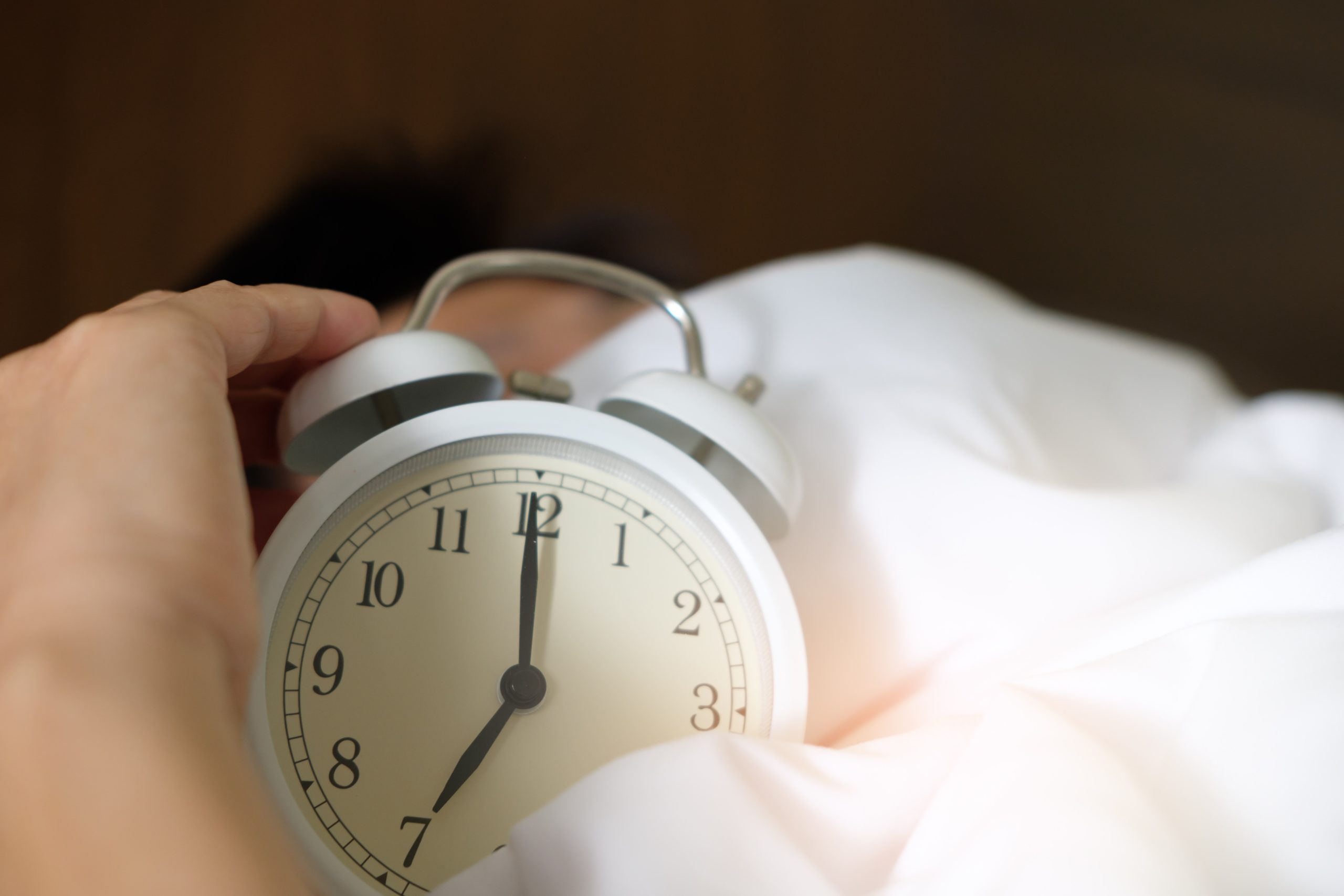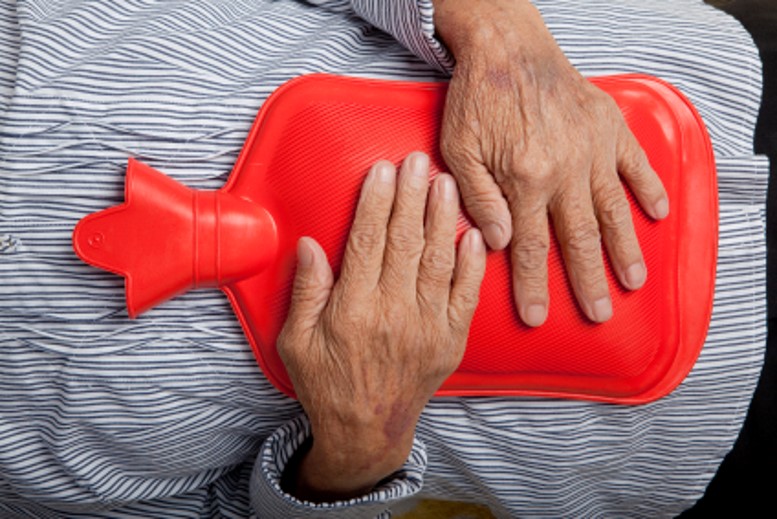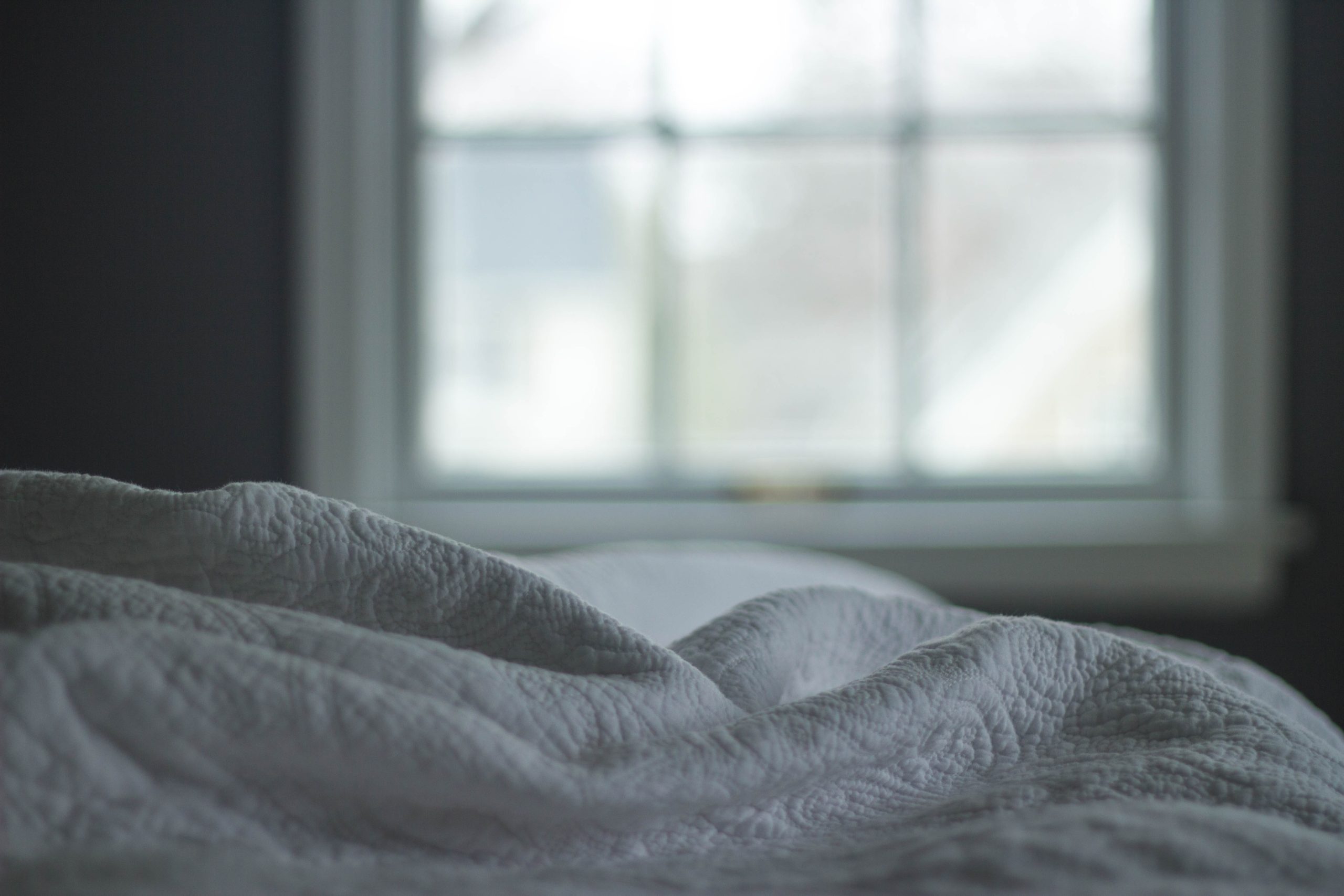It’s very common for individuals suffering from dementia to have trouble sleeping. What we don’t know is which comes first. Does dementia lead to disrupted sleep patterns? Or do disrupted sleep patterns have an impact on the progression of dementia? It is a bit of a chicken and egg conundrum, but what we do know is that they are closely related.
The Biology of Sleep and Dementia
A study by Dr. Liguori found that individuals with moderate to severe dementia had an increase in orexin, Orexin is a neurotransmitter that plays a fundamental role in sleep regulation. This neurotransmitter maintains wakefulness. Individuals with high levels of it lose their ability to sleep well.
Add to that the fact that sleep is important for the brain to allow it to clear neurotoxins. Now you have the perfect storm.
Dementia affects sleep patterns and poor sleep increases cognitive degeneration. A lack of sleep not only affects cognition but also increases the risk of falls. Sleep deprivation increases depression and aggressive behaviour.
We all know how easy it is to feel sad or grouchy from lack of sleep. and this can be amplified in individuals who are suffering cognitive deficits.
Sleep regulation research is important. It holds out hope for treatments that can slow down the degeneration caused by dementia. Improve sleep can improve quality of life for everyone.
As well, a lack of sleep also affects caregivers. Who doesn’t know a caregiver who has struggled because their loved one is up all night?
In this post I will propose nine steps you can take to improve your sleep. You can also use these ideas to improve the sleep of the individual you care for.
Do You Have Good Sleep Hygiene?
Step back and look at what you are doing during the day that could impact on your ability to get well rested at night. Review these nine tips for better sleep. Incorporate what makes sense into your daily routine.

1. Fixed Sleep and Wake Times
Have a fixed time to go to sleep and a fixed time to wake-up that are the same every day. This will create a habit and expectation in your brain that it is time to slumber.
If you maintain a schedule your body will begin to wake naturally. Waking naturally is helpful for letting your body go through its final sleep cycles. During this period, hormone production shifts from melatonin to cortisol. With this shift you become alert.
If you can allow your body to wake naturally, you will feel more alert and refreshed. That may mean sticking to a routine for getting to bed at a reasonable hour. This gives your body enough time to go through its’ cycles. But if that doesn’t happen one night, it is more important to stick to your wake-up time.
Our brain benefits from a schedule. It learns how to organize itself to get in the appropriate sleep cycles. Individuals with dementia benefit from structure and a schedule too. It is important to remember though that if they were a night hawk before they will very likely be a night hawk now. Try and work within their natural rhythm.

2. Bedtime Rituals
Create a bedtime ritual.
Play a certain piece of music, use a specific hand lotion, have a bedtime snack. Follow the same ritual each night.
All these cues help the body recognize that it is time to go to sleep. We are creatures of habit and creating a routine will help get your body ready to snooze.
Individuals with a cognitive impairment like dementia will thrive on ritual. Rituals give them a sense of security in a world that can seem overwhelming.

3. Avoid Certain Food and Drink
Avoid caffeine, alcohol and very spicy foods 4 to 6 hours before bedtime. Caffeine delays our circadian clock. It also impacts the body’s melatonin production. Melatonin is an important chemical required for sleep.
Increase the amount of and variety of fruits and vegetables in your diet. Research links a diet lacking in variety and sleeping poorly.
To learn more about a brain healthy diet, read Brain Essential Nutrients and Breakfast and Beyond.

4. Passive Body Heating
Use passive body heating to signal to the brain it is time to for bed. Raise your body temperature through a warm bath, shower or a hot water bottle on the lap or torso.
Once the heat source is removed, your body temperature will drop. The drop in temperature signals the brain that it is time to go to sleep.
Using subconscious signals like passive body heating is very effective. When your brain is overwhelmed by stimuli or is having a hard time processing information it can make a big difference.

5. Mental and Physical Activity
Enough mental and physical activity improves sleep.
Mental activity that is engaging and enjoyable. Physical exercise that elevates the heart rate. Both will improve sleep patterns in healthy people. It will also have a similar positive impact in people with dementia.
Enjoyable daytime activities can increase the production of dopamine. Dopamine is a hormone that improves mood and decreases anxiety. So, make sure you have enough physical and mental activity each day. This is also important to bring your loved one to the end of the day pleasantly tired. Not exhausted. But not with pent up energy that demands to be released.
For more information on physical and mental exercise and its’ impact on brain health, read Dance: Exercise your Mind and your Body.

6. Sleep Environment
The bedroom environment can also impact the quality of sleep.
Ensure your bedroom is well set-up for bedtime. Make sure the overnight temperature in the bedroom is a bit cool. Keep the room well ventilated.
You may also choose to run a fan that creates neutral ‘white’ noise. A fan can help block out disturbing sounds that could wake you.

7. Eliminate Screen Use
Do not use screens before bedtime.
Smartphones, computer screens, televisions and tablets all emit blue light. Blue light suppresses melatonin production and melatonin is important for sleep.
Consider reading under a low light in preparation for sleep.
If you wake up during the night – do not check your phone! Instead choose to read from a book in dim light to encourage your body and mind to relax and become sleepy.
Today’s television programs are fast-moving program with a lot of flickering images. For individuals challenged by dementia this can increase anxiety and stress. Make sure that stimulation before bedtime slows down to allow their brain to slow down too.

8. Embrace the Dark Side
Consider reducing light in the room you are sleeping in. Draw the curtains so that outside lights are not striking your face.
Do you have a clock or night light that is emitting light that strikes your face? You may think about wearing a sleep mask as a way to control the disrupting effect of light on sleep patterns.
I found moving to a sleep mask for myself allowed me to have a more profound sleep.

9. Bright Light Therapy
The body’s sleep/wake cycle is strongly influenced by the melatonin hormone. The melatonin hormone is created by the exposure of the eye to bright light. Bright light therapy has shown good results in improving the sleep/wake cycle. This therapy can help regularize sleep patterns.
The best source of bright light is natural daylight. So getting outside every day is essential for a good night’s sleep.
If that is not possible, there are other options. You may consider using a blue spectrum light. Blue spectrum lights that can be purchased at home health stores.
You may also find that where you live has an impact on the amount of daylight you can get exposure to.
In the middle of winter, it is almost impossible to get enough exposure to natural daylight. If this is your case, consider the use of blue spectrum lights.
The best time to use bright light lamps is in the morning. This will increase daytime alertness. Do not use bright light lamps after 4pm. Your pharmacist is a good resource for more information on bright light lamps.
Caregivers and Sleep
A good night’s sleep is important for everyone. it is challenging to remain patient and focused when you are suffering from fatigue. It is easier to give into sadness and depression when you are sleep deprived. When you are well-rested it makes it so much easier to cope with the effects of this disease.
Sleep also an has important healing role. During sleep our bodies produce melatonin. It is an antioxidant and an inhibitor of cancer cell growth.
Our brain also uses that time to consolidate memory. Our brains just work better when they are not sleep deprived.
Integrate some of these ideas into your daily routine and sleep well!





0 Comments
Trackbacks/Pingbacks